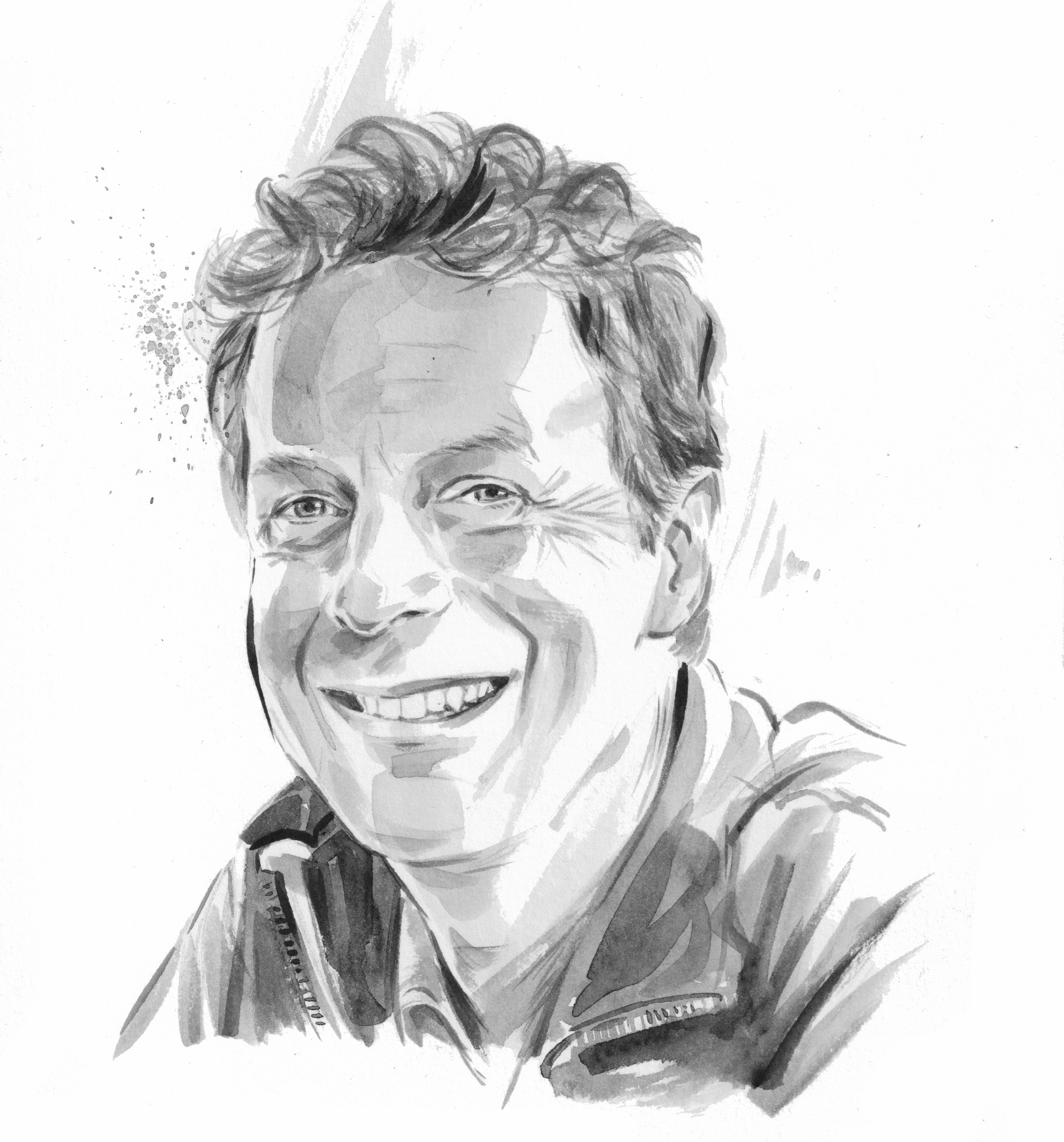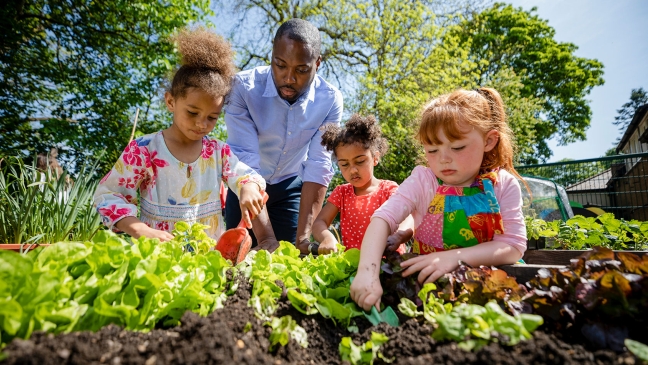The start of the 2021 academic year brought with it a significant change for the early years foundation stage (EYFS): the introduction of a new statutory framework.
Initially, this drew a ferocious response. Many in the sector were unhappy about the decision to expand the educational programmes, and the degree to which communication and language were being prioritised.
However, a year and a bit on, these controversies have largely died down and thinking has turned instead to the future of early education.
This shift in mindset was apparent at a recent online conference about early years reform: the “hey!” conference, held in October. There were three areas of discussion, in particular, that demonstrated just how far we’ve come since September 2021.
Agreeing to disagree on curriculum
Discussions at the conference showed that while there is still profound disagreement about the idea of a sequenced curriculum in the early years, and how “knowledge rich” that curriculum should be, there is broad agreement that supporting children’s early communication is a priority within a holistic approach to the EYFS.
Although some practitioners expressed discomfort about how to strike the best balance between play, child-initiated exploration and direct teaching in the early years, there was an eagerness to consider how early learning provides secure foundations for the primary years and beyond.
Making connections between the EYFS and key stage 1 is, at its worst, about pushing inappropriate pedagogy downwards. At its best, though, it is about a renewed sense of the seriousness of early childhood education and care.
If used flexibly, KS1 programmes of study can help those children who need more time for consolidation. The focus on early communication, meanwhile, should be carried well beyond the EYFS.
More by Julian Grenier
Less heat around assessment
For years, EYFS staff were required to assess children’s learning based on banks of “milestone” statements. Children were being assessed against 17 aspects of learning, across six bands of development. There were, potentially, 102 development steps to consider for each child.
This soon became unmanageable, generating huge amounts of workload as practitioners attempted to “evidence progress”, often creating stacks of useless records in the process.
But the new framework has changed all this. Now, early years settings can develop their own assessment approaches, personalised to their context. This means that settings can gear their assessment system to the curriculum they have set out, checking that children have securely learnt what practitioners intended them to learn.
Speaking to people at the conference in the wake of these changes, discussion of assessment seemed less heated than it has been in the past. Practitioners said the reduction in workload and greater focus on professional judgement had freed them up to spend more time with the children.
However, there were also many comments that reflected serious concerns about the best ways to assess children who may have additional needs. Some participants said that their local authority SEND officers had not kept up with the changes to the EYFS and still expected a lot of data, based on levels.
Desire for further change
Looking ahead, the practitioners at the conference agreed that we need to develop confidence in the early years sector to articulate what we do, and why we do it, to a wider audience.
New research from the Nuffield Foundation suggests that practitioners’ ability to understand and articulate their pedagogy is linked to better outcomes for children. Knowing what to do in the early years is important but knowing why is just as vital.
The Nuffield research compliments ground-breaking findings from the FEEL (Fostering Effective Early Learning) study, which demonstrates how sustained professional development can improve quality and outcomes in early childhood.
We now have an ever-stronger platform, built on high-quality research, to communicate from. Right now, much of the early years sector is in crisis, with inadequate funding and rising costs. For all of us who are frontline leaders, it is a uniquely awful time.
But there is also a desire and an energy for change, coupled with a feeling of ambition and optimism. After spending a morning online with 1,600 practitioners, I am hopeful that this will prevail.
Julian Grenier is headteacher of Sheringham Nursery School and Children’s Centre. He co-leads the East London Research School





